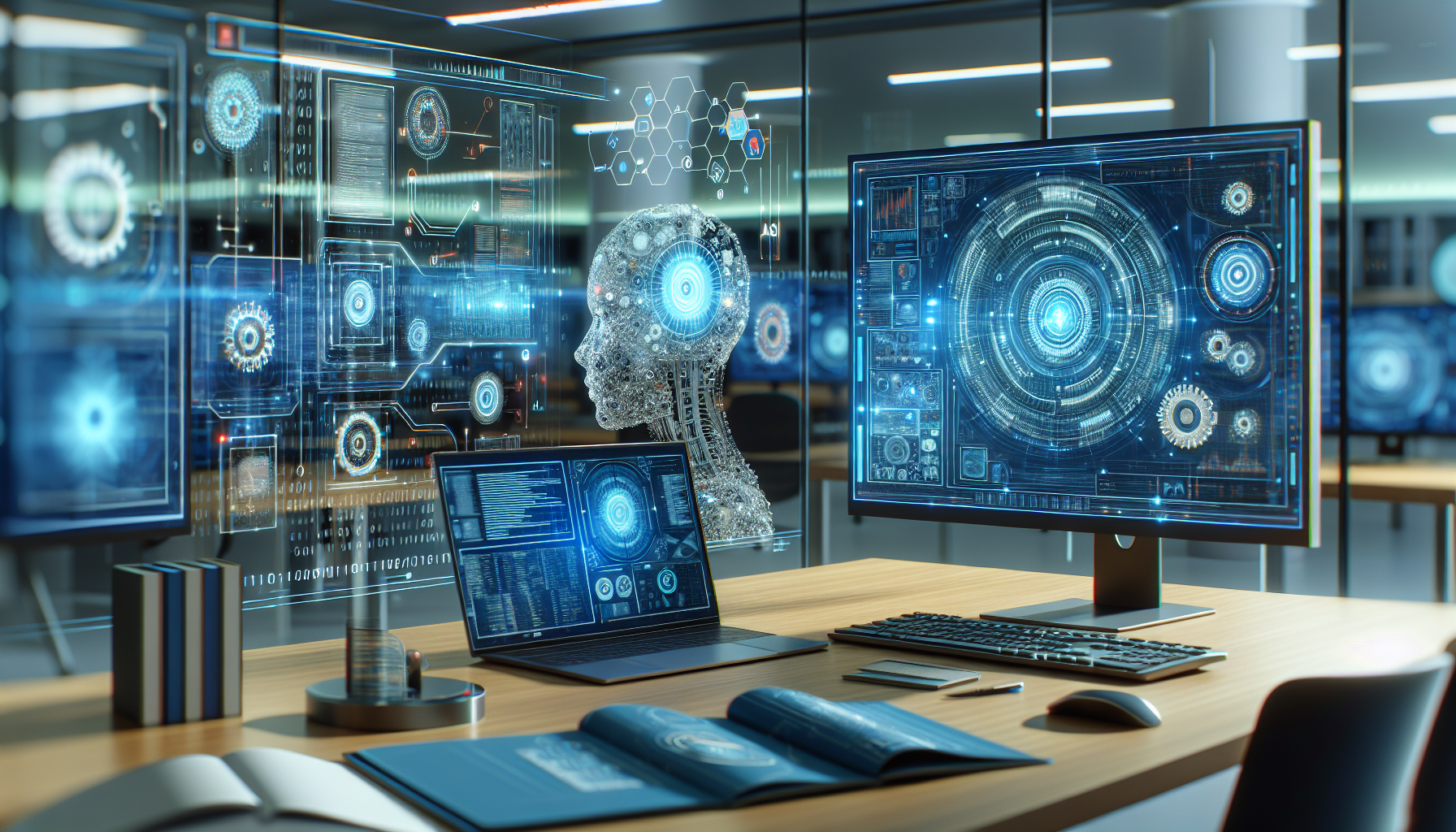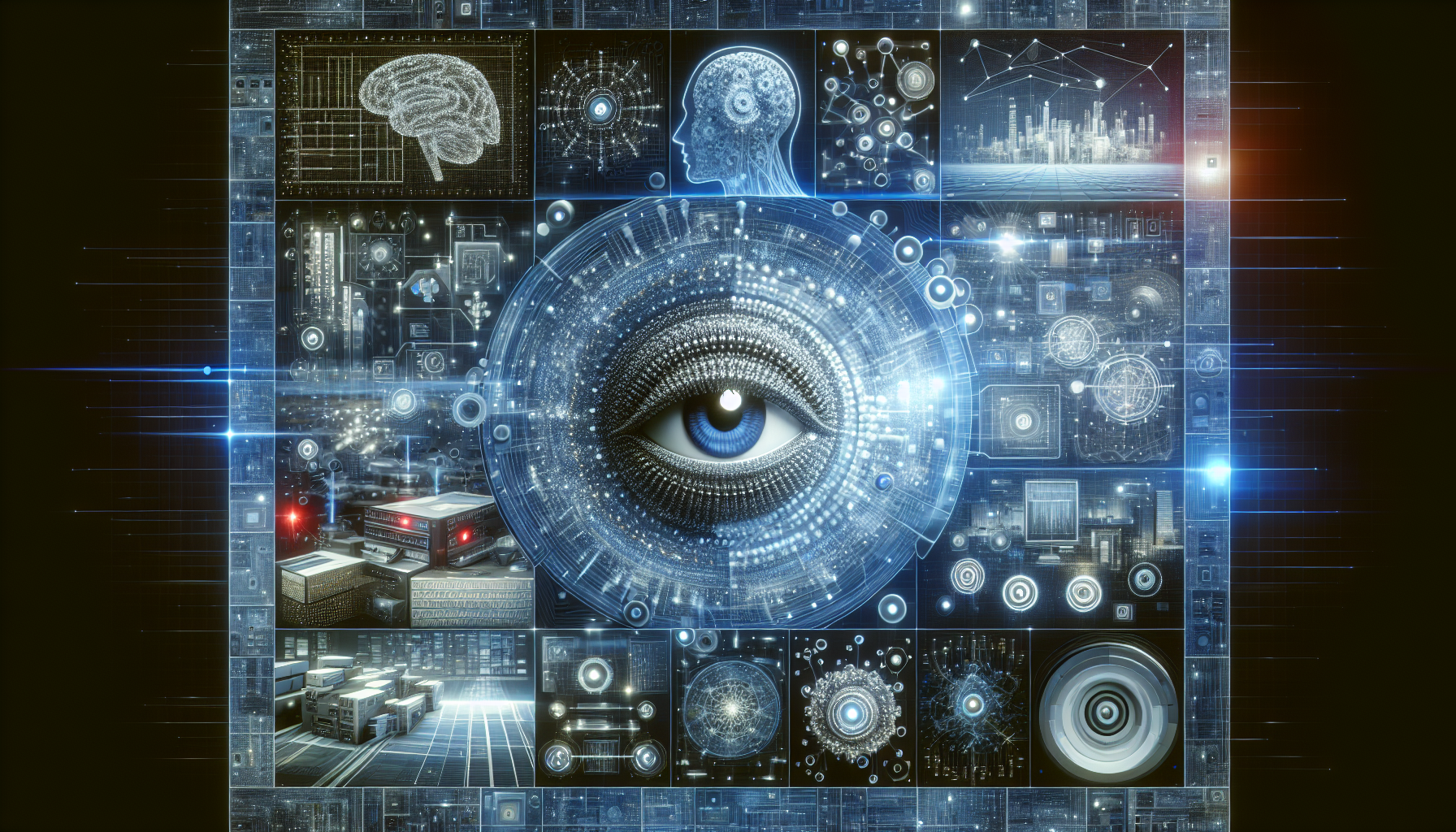
AI in Crisis Management: How Will It Shape Responses to Natural Disasters?
April 11, 2025
Imagine a world where artificial intelligence not only predicts natural disasters but also coordinates emergency responses with precision and speed. Sounds like science fiction, right? Yet, the integration of AI in crisis management is moving from the realm of the imaginative to the practical. As we delve into the future of AI in handling natural disasters and emergencies, we're not just talking about flying drones or automated alerts; we're looking at a comprehensive, AI-driven transformation in how we respond to crises.
Picture this: a hurricane is brewing in the Atlantic, and while traditional methods might rely on meteorologists and weather stations, AI systems are already running complex simulations to predict its path and potential impact. These systems analyze vast datasets, including historical weather patterns, ocean temperatures, and even social media chatter, to provide real-time updates. This level of detail allows for more accurate evacuations, ensuring that resources are allocated efficiently and lives are saved.
But AI's role doesn't stop at prediction. Once a disaster strikes, AI-driven technologies can become the backbone of emergency response operations. Consider the chaotic aftermath of an earthquake. First responders often face challenging conditions—blocked roads, overwhelmed hospitals, and scattered communication. Here, AI can step in to optimize logistics, ensuring that supplies reach the most affected areas quickly. Autonomous vehicles, equipped with AI systems, could navigate debris-filled streets, delivering medical supplies and food to those in need.
Moreover, AI's ability to process and analyze data at lightning speed means that decision-makers have a clearer picture of the situation on the ground. For instance, machine learning algorithms can sift through satellite images and drone footage to identify damaged infrastructure and prioritize repair efforts. This not only accelerates the recovery process but also minimizes the economic impact of disasters.
Now, let's address a lesser-known aspect: the psychological aftermath of natural disasters. AI has the potential to revolutionize mental health support in crisis scenarios. Virtual reality programs, powered by AI, could offer tailored therapeutic experiences to individuals dealing with trauma. These virtual environments can simulate calming landscapes or recreate scenes from before the disaster, helping victims process their experiences in a safe space.
But it's not just about the technology—it's about the collaboration between AI and humans that will truly define the future of crisis management. While AI can handle data and logistics, human intuition and empathy are irreplaceable in understanding community needs and providing support. The future will likely see AI acting as an enabler, augmenting human capabilities rather than replacing them. Emergency responders will become more like AI operators, using these tools to make informed decisions that save lives.
Looking further ahead, AI's involvement in crisis management could lead to breakthroughs in disaster prevention. By integrating AI with the Internet of Things (IoT), we could create a network of sensors that monitor environmental conditions in real time. Imagine sensors in forests that detect minute changes in humidity and temperature, predicting wildfires before they start. Or urban areas equipped with AI systems that monitor structural integrity, alerting authorities to potential building collapses before they happen.
As promising as this future sounds, it’s essential to consider the ethical implications of AI in crisis management. Ensuring data privacy, preventing biases in AI algorithms, and maintaining human oversight are crucial to building trust in these systems. The balance between leveraging AI’s capabilities and safeguarding human rights will shape how society embraces this technology.
So, as we stand on the brink of this new era, one must wonder: How will communities adapt to this AI-driven approach to crisis management? Will we see a seamless integration, where technology enhances human efforts, or will there be resistance from those who fear losing control to machines? The answers could redefine our relationship with technology and the way we live with nature's unpredictability.
In the end, artificial intelligence in crisis management isn't just about responding to disasters; it's about building resilience and creating a future where humanity and technology coexist, ready to face whatever challenges lie ahead.


